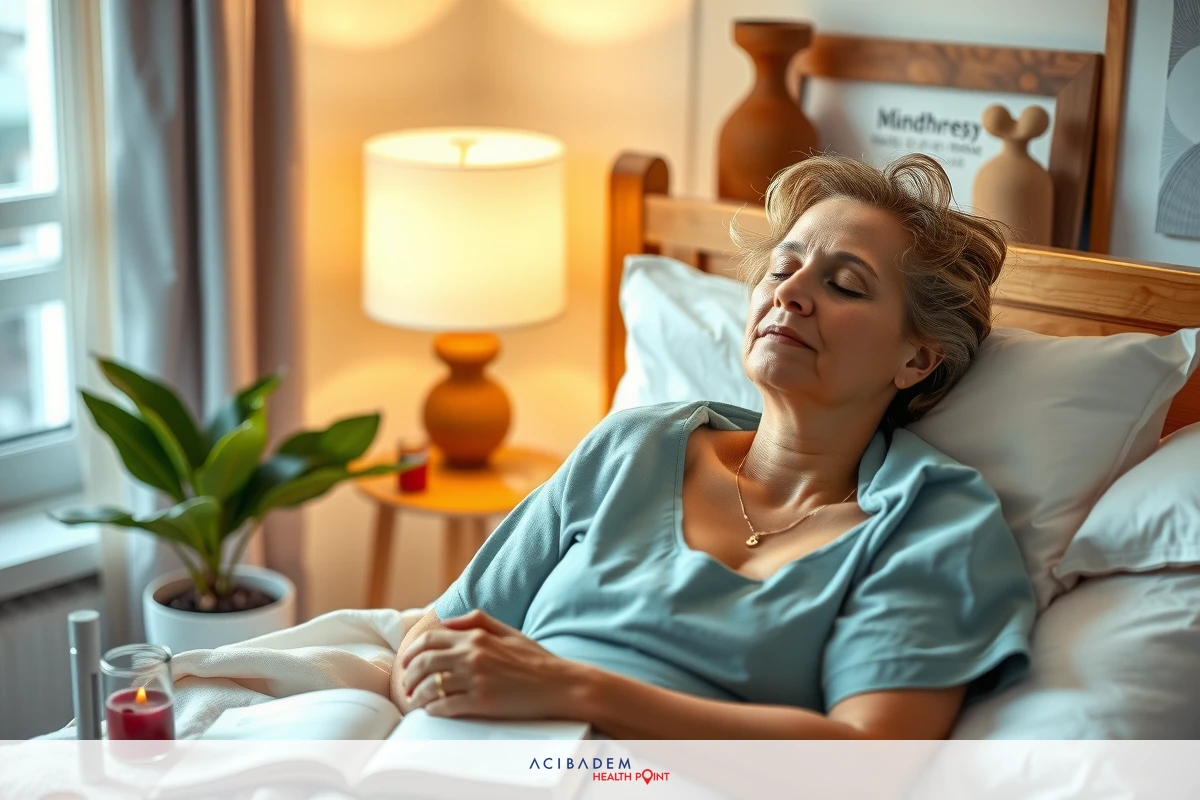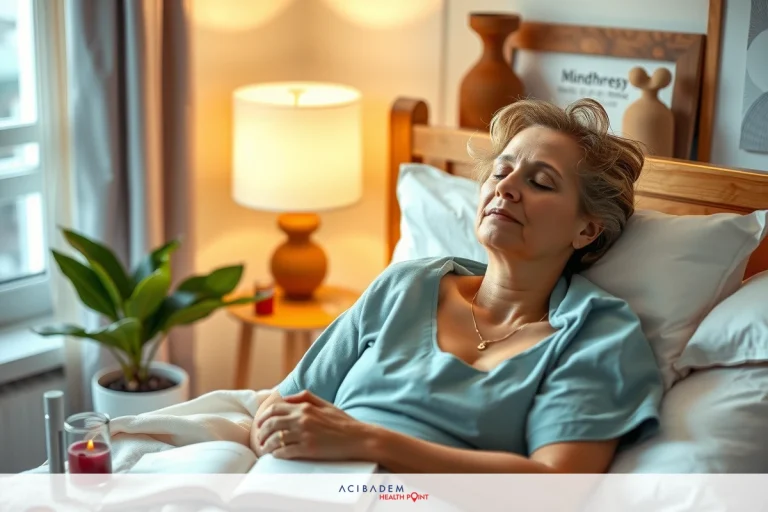Can I Take Sleep Aid After Rhinoplasty
Can I Take Sleep Aid After Rhinoplasty Rhinoplasty, the reshaping of the nose, can disrupt our natural sleep patterns. Postoperative rest is crucial for a swift recovery; yet, sleep becomes elusive as discomfort and anxiety creep in. Sleep aids might seem like an appealing solution.
There’s a vast array of options when it comes to sleep aids – from over-the-counter pills to prescription medication. But are they safe after rhinoplasty? It’s critical that patients ask their surgeon about potential risks and benefits before deciding on any form of medication.
Natural methods exist too! They provide alternatives for those who might not want to resort to pharmaceuticals. Techniques such as mindfulness meditation or adjusting your sleeping environment could improve sleep quality during recovery without interfering with healing.
Sleep Aid Options
In the aftermath of rhinoplasty, sleep disturbances often emerge as a prominent issue.
The quest for restorative slumber can lead many to consider various sleep aid options. Over-the-counter (OTC) remedies such as melatonin or antihistamines might come to mind first. These are widely available and offer temporary relief from insomnia by promoting drowsiness.
However, while OTC sleep aids may seem convenient, their use post-rhinoplasty should be approached with caution. Some ingredients found in these medications could potentially hinder recovery or interact adversely with other prescribed medication you might be taking after surgery. It’s essential that any decision about using these products is made in consultation with your healthcare provider.
Prescription sleep aids present another choice for those battling postoperative insomnia after rhinoplasty surgery. Medications like zolpidem, eszopiclone, and others fall into this category – they act on your brain to enhance natural sleep processes. Yet again, it’s critical to remember that these powerful tools must never be used without explicit approval from your doctor considering the potential side effects and interactions.
Amidst all the pharmaceutical methods at our disposal lies an array of natural alternatives too! Herbal supplements such as valerian root or chamomile have been known to promote relaxation and encourage better quality sleep without relying on strong chemicals. Lifestyle adjustments focusing on good sleep hygiene can also make a significant difference: keeping regular bedtimes; ensuring your room is dark, cool and quiet; avoiding caffeine close to bedtime – all could contribute towards improved rest during recovery.
Remember though that every individual’s response varies — what works excellently for one person might not work equally well for another due to differences in body chemistry and tolerance levels towards different substances.
Consult Your Surgeon
The journey through recovery after rhinoplasty surgery is a personal one, unique to every individual. A crucial companion on this journey is your surgeon — the medical professional who knows your case intricately. Their advice and guidance are invaluable when it comes to making decisions about sleep aids during your postoperative care. You must always consult them before introducing any new medication into your regimen.
Your surgeon has an extensive understanding of how different medications can interact with each other as well as with your body’s healing process post-rhinoplasty. They can provide insights into potential risks or side effects that could hinder recovery if you choose to use sleep aids. This knowledge plays a pivotal role in ensuring

medication safety, especially since certain substances might interfere negatively with prescribed drugs or the natural healing mechanism of the body.
Moreover, dialogue between you and your surgeon enables personalized care tailored specifically for you. The frequency of appointments should not limit these conversations; most surgeons encourage patients to reach out whenever they have questions or concerns outside scheduled visits too! It’s important to remember that there are no silly questions — from queries about suitable sleep aid options to managing discomfort during recovery, all deserve attention and discussion.
In conclusion, while navigating through the diverse landscape of sleep aids available after rhinoplasty surgery may seem daunting at first glance – rest assured knowing that expert help is readily accessible in form of consultation with your specialist doctor! This way, you ensure compatible choices aiding both safe slumber and successful surgical outcomes.
Tips for Better Sleep
After undergoing rhinoplasty, quality sleep is instrumental in the healing process. However, sleeping comfortably might seem like a challenge during the recovery period due to potential discomfort or anxiety related to the surgery. While medications can offer some relief, there are also natural methods that could help promote better sleep without any side effects.
Here are several suggestions on alternative ways to improve your sleep after rhinoplasty:
- Adhere to Regular Bedtimes: Keeping a consistent schedule helps regulate your body’s internal clock and enhance overall sleep quality.
- Create an Ideal Sleeping Environment: A quiet, dark and cool room contributes towards restful slumber.
- Limit Daytime Naps: Long naps during daytime hours can interfere with nighttime sleep.
- Avoid Stimulating Substances Near Bedtime: Consuming caffeine or nicotine close to bedtime can disrupt your ability to fall asleep.
- Practice Relaxation Techniques: Mindfulness meditation, deep breathing exercises or progressive muscle relaxation before bed can reduce stress and induce sleepiness.
- Exercise Regularly: Regular physical activity promotes better sleep by helping you fall asleep faster and enjoy deeper slumber.
Remember that these tips are not one-size-fits-all solutions but rather broad guidelines designed for general use in improving postoperative care following rhinoplasty surgery! It’s worth experimenting with different strategies until finding what works best for you personally — ultimately leading towards more peaceful nights aiding successful recovery!
Frequently Asked Questions
Can I use over-the-counter sleep aids after rhinoplasty surgery?
Over- the-counter sleep aids might seem convenient, but their use should be approached with caution. Some ingredients could potentially hinder recovery or interact adversely with other prescribed medications you're taking. Consult your surgeon before introducing any new medication into your regimen.
Are prescription sleep aids safe to use post-rhinoplasty?
Prescription sleep aids can provide relief from insomnia by enhancing natural sleep processes. However, these powerful tools must never be used without explicit approval from your doctor due to potential side effects and interactions.
What are some non-medication methods for promoting better sleep during recovery?
There are several lifestyle adjustments that can promote better rest during recovery such as keeping regular bedtimes, ensuring your room is dark, cool and quiet, avoiding caffeine close to bedtime and practicing relaxation techniques like mindfulness meditation.
How important is it to consult my surgeon about using a sleep aid after rhinoplasty surgery?
It's crucial! Your surgeon has comprehensive knowledge of how different medications can interact with each other and the body's healing process post-surgery. They can provide insights into potential risks or benefits associated with using various types of sleep aids.











